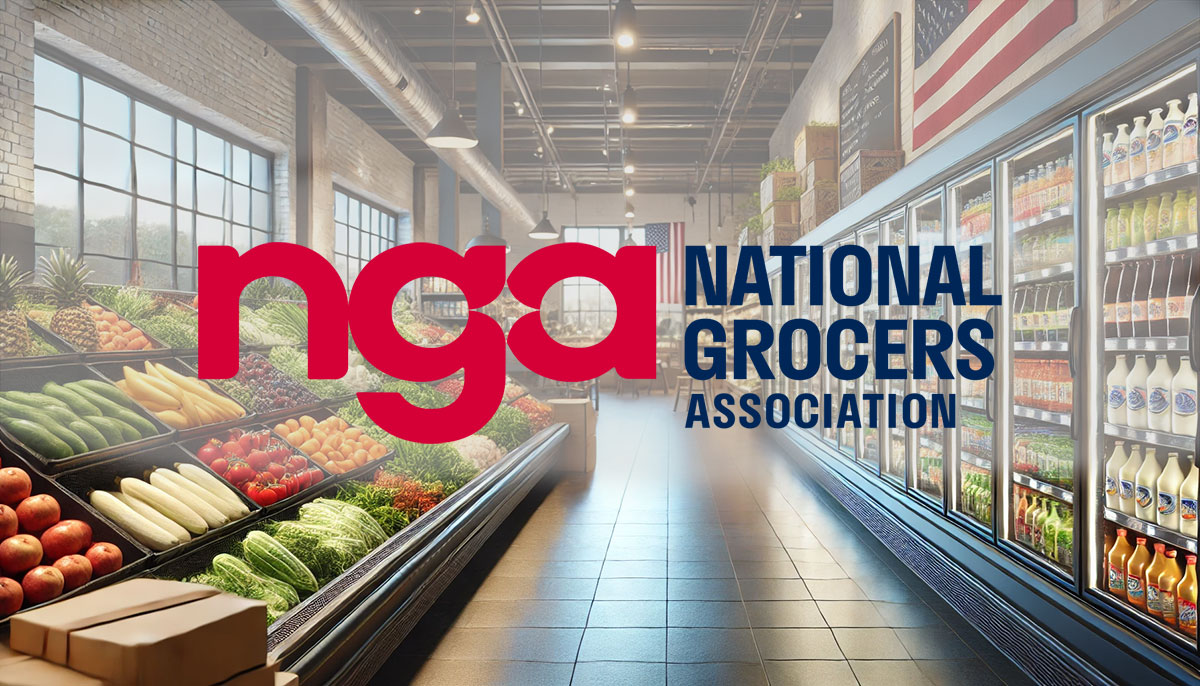The National Grocers Association (NGA) has sent a letter to Federal Trade Commission (FTC) Chair Andrew Ferguson calling for close monitoring and enforcement action in response to the competitive risks posed by new and proposed tariffs on imported goods.
In its letter, NGA warned that rising tariffs could disrupt the food supply chain much like the early days of the COVID-19 pandemic, when dominant national retail chains secured priority access to scarce products while smaller, independent and regional grocers were left to deal with empty shelves and frustrated customers.
“Independent grocers once again face the risk of being pushed to the back of the supply line if tariffs trigger product shortages,” said Chris Jones, chief government relations officer at NGA.
“We are already seeing public news of large national chains [pressuring] suppliers to absorb tariff-related costs, worsening existing power imbalances and threatening fair competition.”
NGA emphasized to Ferguson and his fellow FTC commissioners that these dynamics risk repeating the supply chain inequities documented by the FTC in a 6(b) study on supply chain disruptions during the COVID-19 pandemic.
The report concluded that suppliers were forced to prioritize large national chains, leaving independent and regional grocers with product shortages and higher prices.
“When Main Street grocers are sidelined in favor of dominant chains, we risk a repeat of 2020, which neither community grocers nor their customers can afford” Jones said.
In the letter, NGA specifically called on the FTC to:
- Issue a statement to market participants to remind suppliers of their obligations under the Robinson-Patman Act that prices, promotions and services must be provided to large and small purchasers on proportionately equal terms;
- Monitor how tariff-related disruptions affect supplier pricing and product allocation across retail channels;
- Investigate whether dominant grocery chains are using their buyer power to extract anticompetitive concessions or impose the cost of tariffs on smaller competitors; and
- Enforce antitrust laws, including the Robinson-Patman Act, to prevent the use of buyer power to distort fair competition in the food supply chain.
“As President Trump works to rebuild American industry, it’s vital that we ensure the same communities the president is trying to help are not harmed by anticompetitive practices,” Jones added. “Independent grocers are the backbone of food access in rural and disadvantaged communities across the country – and they deserve a fair shot.”
[RELATED: NGA Foundation Advisory Group To Assist In Independent Grocers’ SNAP EBT Upgrades]

